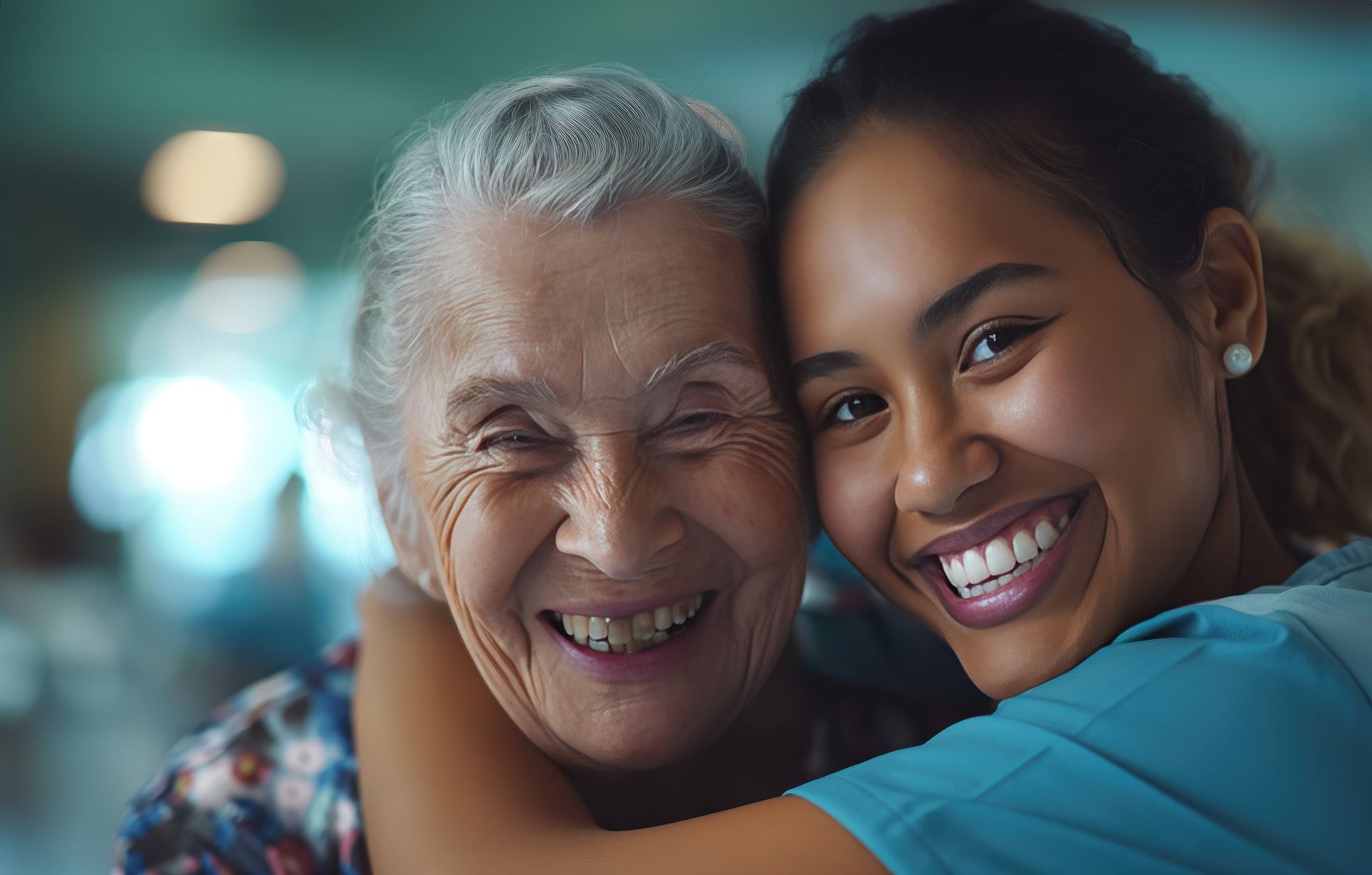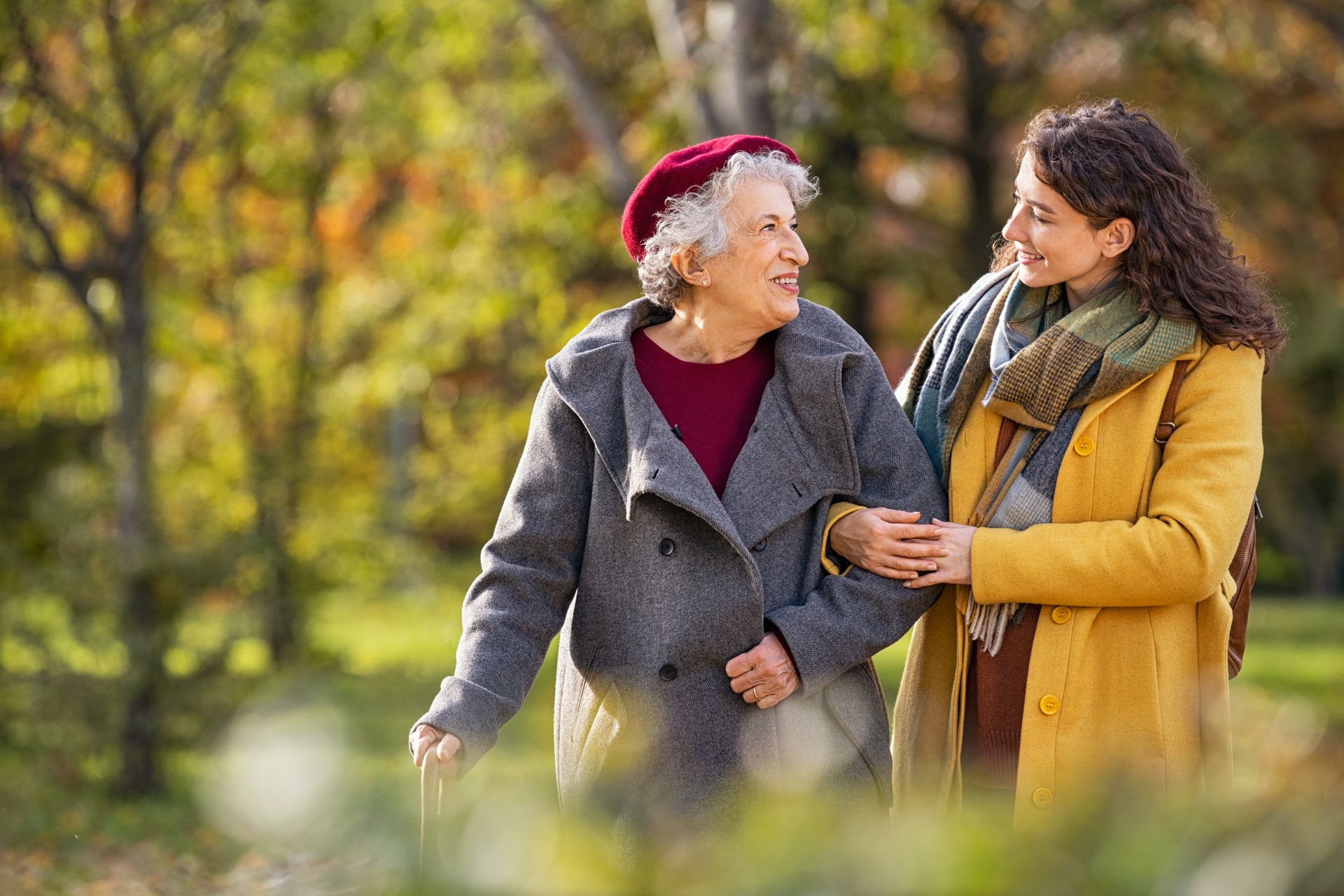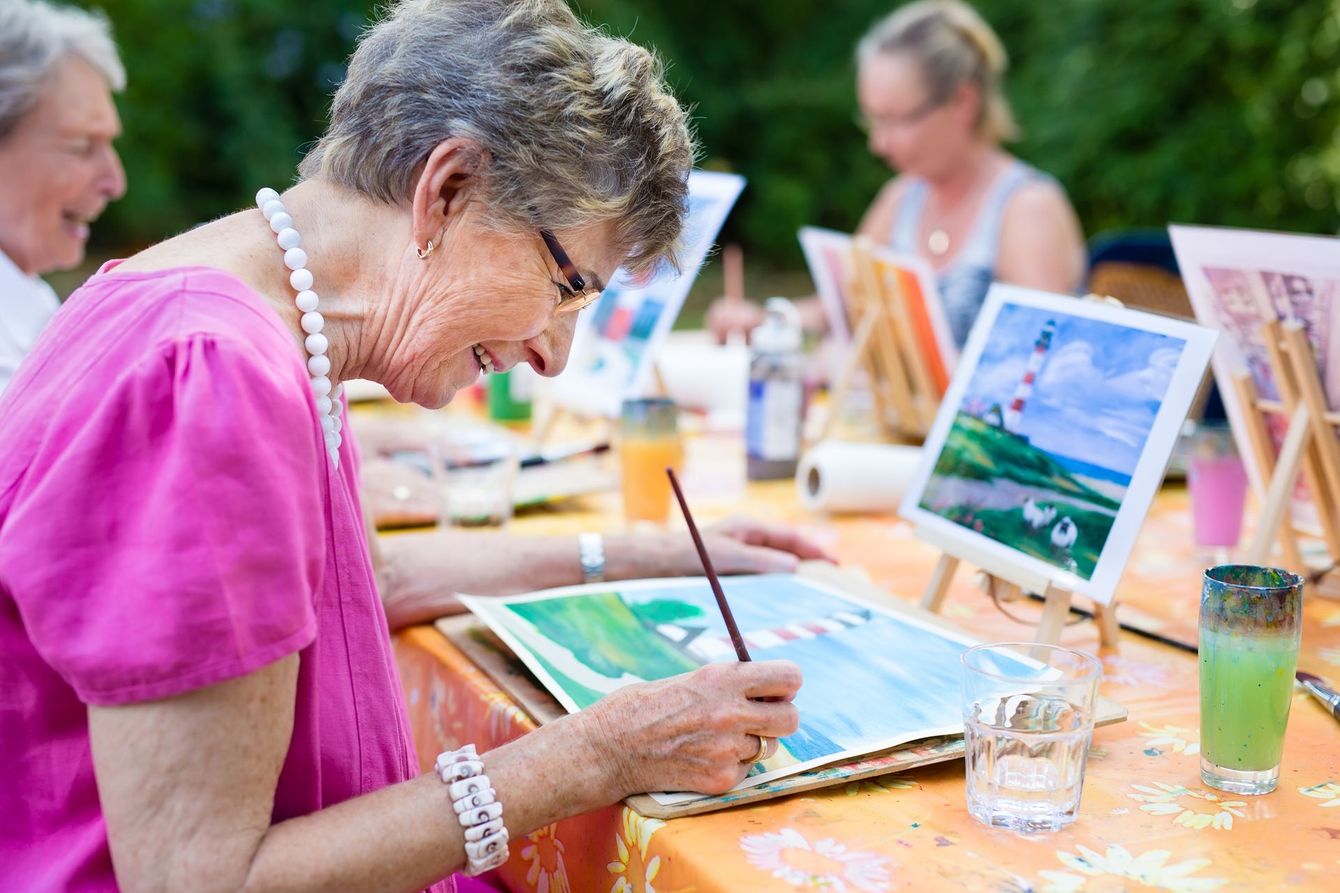By Peter Tate
•
August 5, 2024
As we get older, it can become increasingly tempting to slow down and be less physically active. Joint pain, decreased mobility, fatigue, and other age-related changes make it harder to keep up with the same exercise routines we may have enjoyed in our younger years. It's understandable to want to take it easy and opt for more sedentary activities as we enter our later stages of life. However, research shows that remaining physically active is absolutely crucial for our health and wellbeing as we age. In fact, staying active is one of the single most important things older adults can do to support their mental, emotional, and physical vitality. The benefits are vast and wide-ranging. From a physical health perspective, regular physical activity in older age has been shown to lower the risk of numerous chronic conditions, including heart disease, stroke, type 2 diabetes, and certain types of cancer. Exercise helps to maintain strong bones, muscles, and joints, reducing the risk of falls and fractures. It also supports healthy blood pressure, cholesterol levels, and circulation. Additionally, an active lifestyle can help manage or even reverse some of the effects of conditions like Parkinson's disease, arthritis, and Alzheimer's. Beyond the physical perks, staying active also delivers major mental and cognitive benefits. Exercise releases feel-good endorphins that can alleviate depression, anxiety, and stress. It also boosts brain function, memory, and concentration. Studies have found that older adults who exercise regularly are less likely to develop dementia and have better overall cognitive abilities compared to their sedentary peers. The social aspect of physical activity is another huge advantage for older adults. Many forms of exercise, such as group fitness classes, dance, or sports teams, provide valuable opportunities for social connection and community engagement. This can be a crucial antidote to the social isolation that often comes with aging. Maintaining these social ties and a sense of community is crucial for emotional wellbeing. Perhaps most importantly, regular physical activity helps older adults maintain their independence and ability to perform everyday tasks. Simple daily movements like getting dressed, climbing stairs, or carrying groceries become much more difficult without adequate muscle strength, balance, and flexibility. An active lifestyle helps preserve these functional abilities, allowing older adults to remain self-sufficient and live with a greater sense of autonomy for longer. Of course, the specific exercise needs and abilities of older adults can vary widely depending on individual health conditions, fitness levels, and mobility. The key is to find physical activities that are enjoyable, safe, and suited to one's current capabilities. This might mean starting slow with gentle exercises like walking, swimming, or chair yoga, and gradually building up strength, stamina, and flexibility over time. It's also important for older adults to consult with their healthcare providers to develop an exercise plan that takes any medical issues or limitations into account. With the right approach, even older adults with chronic health problems can often make significant gains in their physical function and independence through regular activity. The bottom line is that remaining physically active should be a top priority for older adults who want to maintain their health, vitality, and quality of life. It's never too late to get started - the benefits are truly remarkable. So find ways to move your body on a regular basis, whether that's joining a senior exercise class, going for daily walks with your companion from organisation like Time for Tea Companions, or even just doing some light stretching at home. Your mind and body will thank you.







